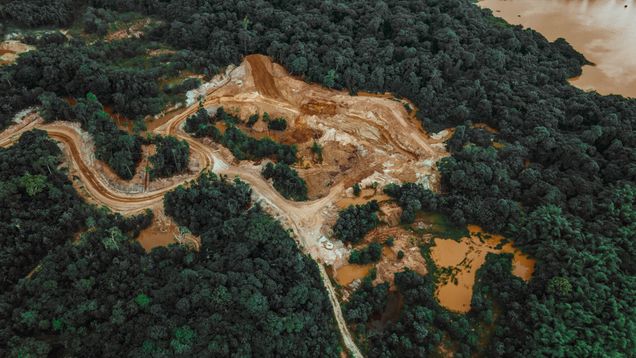The Role of Supply-Chain Initiatives in Reducing Deforestation

Growing public concern about the contribution of forest loss to climate change and biodiversity decline has spurred new initiatives by private sector actors to eliminate deforestation from their operations and supply chains, including the adoption of aspirational goals by corporations. The number of private commitments to reduce deforestation from supply chains has greatly increased in recent years, projecting corporate social responsibility strategies to meet society’s expectations.
A journal article in Nature Climate Change by Rachael Garrett and coauthors reviews the effectiveness of current supply chain initiatives that aim to mitigate deforestation in light of corporate pledges’ increasing popularity. Given leakage, lack of transparency and traceability, selective adoption and smallholder marginalization, zero-deforestation policies by companies may not be able to have a broader impact.
The authors discovered that the current initiatives are insufficient to lead to an end to deforestation. Despite that most companies take pledges on an individual level, companies’ aspirations are often reliant on sectoral standards, which are not always conducive to environmental protection. In addition, zero-deforestation initiatives by individual companies fail to target the forms of deforestation that are most difficult to address, including those associated with illegal activities or poor forest governance more generally.
In comparison, the authors found that fully implemented supply-chain interventions, rather than self-enforced codes of conduct, can have measurable impacts on producer behavior and deforestation rates within target supply chains.
Read the Journal Article